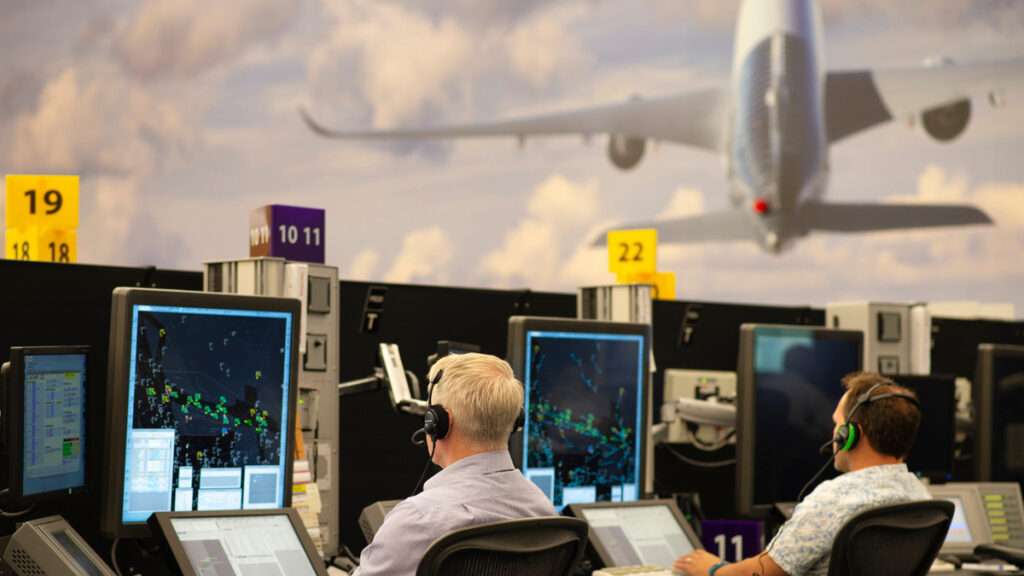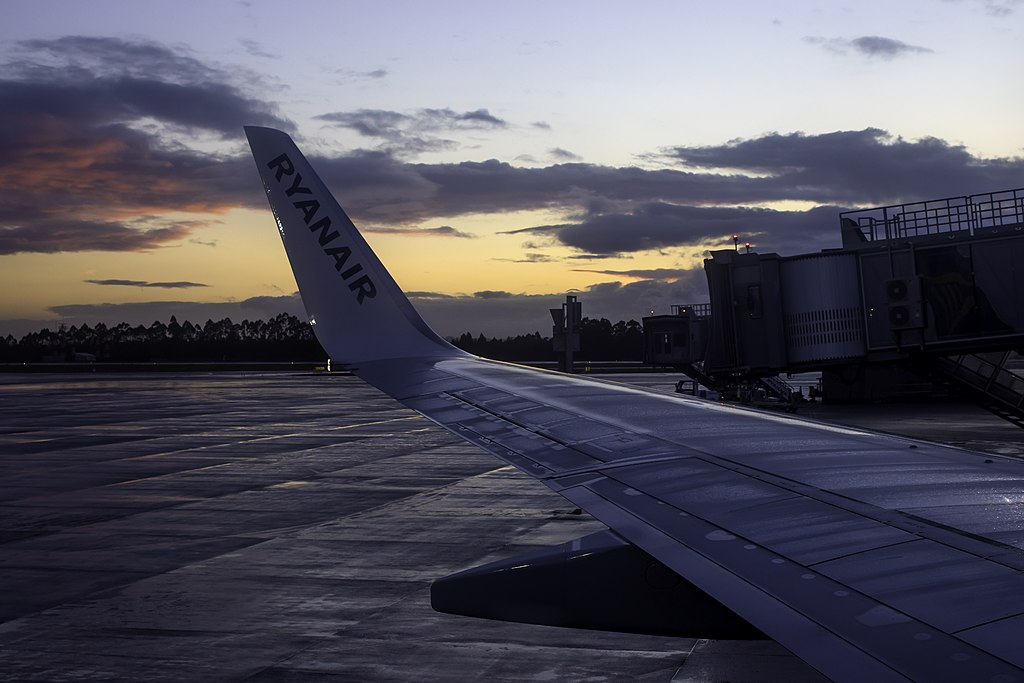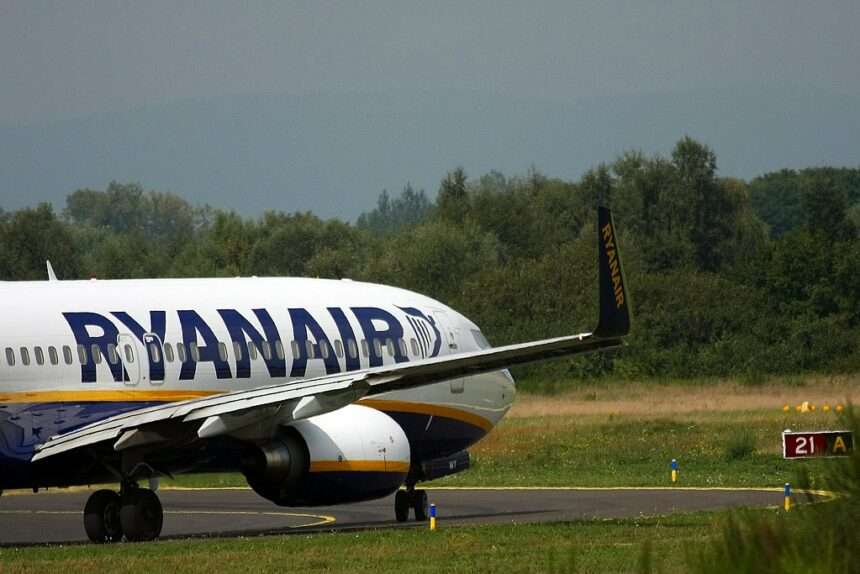Ryanair has weighed in the recent interim report published by the Civil Aviation Authority (CAA) regarding the collapse of the UK National Air Traffic Services (NATS) on 28th August.
The airline has expressed its concerns and dissatisfaction with NATS’s handling of the situation.
Introduction to Ryanair’s Response
Ryanair, under the leadership of CEO Michael O’Leary, has been vocal about the disruptions caused by NATS’s ATC collapse on 28th August.
The airline has raised several issues regarding the accuracy of NATS’s initial claims and the subsequent repercussions faced by passengers and airlines alike.
Specifically, the carrier has taken issue with two key points, alleging they are ‘false claims’:
- NATS claimed just 575 flights were “delayed” (approx. 100,000 pax), but CAA confirms over 700,000 passengers were disrupted.
- NATS CEO, Martin Rolfe, claimed “engineers worked as quickly as they could.” Yet CAA confirms NATS engineers were not at work but were “at home due to the bank holiday”.
Ryanair has contended that, under Martin Rolfe’s management, “UK NATS has a lack of pre-planning, documentation, and coordination.”
Overview of the CAA’s Interim Report
The CAA’s interim report sheds light on the discrepancies between NATS’s claims and the actual impact of the ATC collapse.
The report, carried out as an independent review, confirmed that over 700,000 passengers were affected. This, says Ryanair, far surpassed the initially reported figure of just 575 flights.

Passenger Disruptions
In their statement this week, Ryanair contended that NATS initially downplayed the extent of the disruptions caused by the ATC collapse, citing only 575 delayed flights.
However, the CAA’s report reveals a much larger number of affected passengers, highlighting the severity of the situation.
Lack of Engineers during the Collapse
The airline points out that Martin Rolfe, NATS’s CEO, claimed that engineers worked diligently to resolve the issue. However, the CAA’s findings indicate that key engineers were absent due to the bank holiday.
This raises questions about NATS’ preparedness and contingency plans, says the airline.
Management Issues
The CAA’s report also points to systemic issues within NATS, including a lack of pre-planning, documentation, and coordination under Martin Rolfe’s leadership.
This raises potential concerns about the competency of NATS’ management team and their ability to handle critical situations effectively.

Call for Reimbursement and Change in Management
Given the mismanagement and incompetence demonstrated by NATS during the ATC collapse, Ryanair asserted that the organization should reimburse airlines and passengers for the costs incurred.
Moreover, it issued a strong call for a change in leadership, with demands for the removal of Martin Rolfe as CEO.
Michael O’Leary’s Statement
Ryanair’s CEO, Michael O’Leary, has condemned NATS’ response to the crisis, labelling it a “whitewash.”
He emphasized the need for accountability and effective leadership within NATS to prevent similar incidents in the future.
“It’s time for Martin Rolfe to go, and if he won’t quit, then Transport Secretary Mark Harper (who owns 49% of NATS) should remove him,” said O’Leary.

Critique of NATS’s Response
Ryanair criticizes the organisation for its failure to adequately address the root causes of the ATC collapse and its reluctance to take responsibility for the disruptions caused.
The airline argues that fundamental changes are necessary to ensure the reliability and efficiency of the UK’s air traffic control system.
Implications for UK Airlines and Passengers
The ATC collapse underscores the importance of a robust and well-managed air traffic control system for UK airlines and passengers.
The incident has highlighted the vulnerabilities within NATS and the urgent need for reforms to prevent future disruptions.
The airline stresses the importance of having a management team capable of ensuring the smooth operation of the UK’s air traffic control system.

Click the banner to subscribe to our weekly newsleter.

Click the photo to join our WhatsApp channel so then you can stay up to date with everything going on in the aviation industry!







